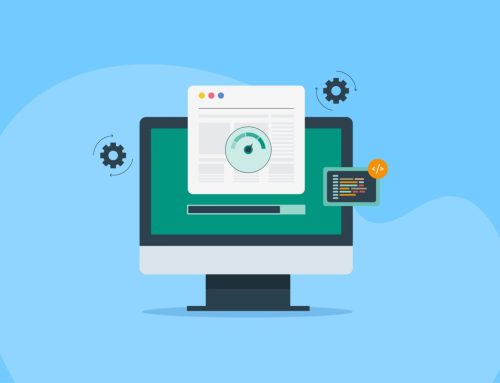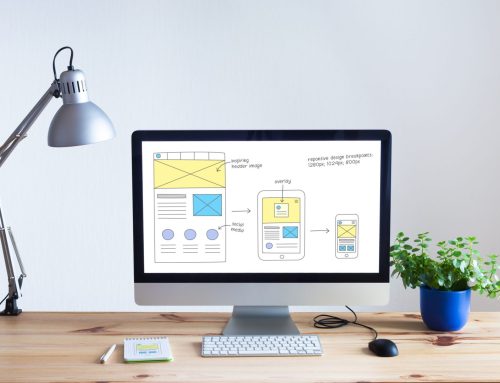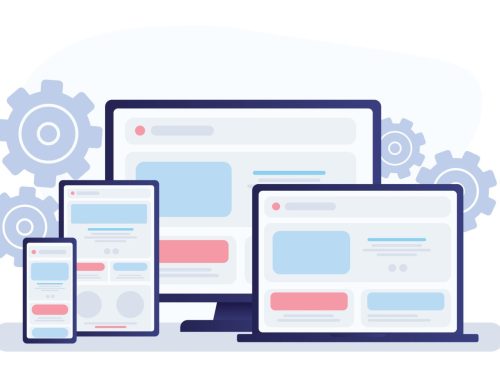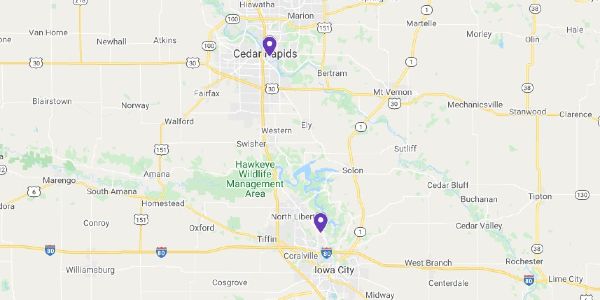The Role of a Website in Modern Business
In today’s fast-moving digital world, one question still lingers in the minds of many entrepreneurs and small business owners: Do I need a website for my business? With the popularity of social media platforms and online directories, some may wonder whether a website is a necessary investment or just another business expense. The answer? It depends on your goals—but for most small businesses, having a website is one of the most important tools you can have.
Below, we’ll explore the role of a website in modern business, the advantages of having one, the possible downsides, and how it fits with your overall digital strategy. A website serves as the digital home base for your business. It’s the only place online where you have full control over your brand, your message, and how you interact with customers.
Your 24/7 Online Presence
Unlike a storefront or office with set hours, your website is always available. Whether someone searches for your services at 2 PM or 2 AM, your site can show up in search results, provide key information, social proof, and guide them toward making a purchase or contacting you.
A Digital First Impression
More often than not, the first interaction someone has with your business will come from the world wide web. Whether they find you through search engines like Google or by clicking a link in your social media profile, your business website often serves as the first impression. A professional site with a clear domain name, visible social proof like reviews or testimonials, and easy access to customer service helps establish trust right away. Plus, appearing on the search engine results page with a well-optimized website gives your business more credibility and visibility than relying on social media alone.
Advantages of Having a Business Website
For most small businesses, the advantages of having a website far outweigh the costs. Here’s why:
1. Improved Search Visibility
When potential customers use a search engine to find your domain name or local services—like “Iowa City landscaping company” or “best bakery near me”—you want to show up in those search results. That’s only possible if you have a well-structured website optimized for search engine optimization (SEO). By adding relevant keywords, location info, and helpful content, your site can rank higher and bring in more organic traffic from Google searches, by people that might not come across your business elsewise.
2. Brand Control and Credibility Start with Reputation
For many small businesses—especially in close-knit communities—word of mouth is still the most powerful form of marketing. A strong reputation built through customer trust and local referrals carries more weight than any website ever could. However, a website reinforces that reputation by giving your business a professional web presence. Together, your word-of-mouth credibility and your website work to shape how people perceive your brand. While referrals speak to the quality of your work, your website gives you control over how that message is presented—through your own domain name, logo, messaging, photos, and content. Both play a critical role in building trust and staying competitive in today’s market.
3. More Opportunities to Convert Visitors into Customers
Your website can include forms, CTA’s (call to action), online booking, e-commerce, and more. These tools help guide people toward taking the next step—whether it’s making a purchase or scheduling an appointment. Without a website branding your business name, you may miss out on these conversion opportunities.
4. Flexibility and Control Over Your Content
With web hosting and a content management system (CMS) like WordPress or other website builders, you can update your own pages anytime. You don’t have to rely on third-party platforms to change your hours, post a special, or publish a blog post.
Why Some Businesses Think They Don’t Need a Website
There are still small businesses that operate entirely through word of mouth, Facebook pages, or Yelp listings. While these can work, they often come with limitations.
1. “I Use Social Media Instead”
Many small business owners rely on social media platforms like Facebook, Instagram, or TikTok to connect with customers. That’s not a bad idea—but it shouldn’t be your only strategy. Social platforms are subject to algorithm changes, outages, and policy shifts. You don’t own your profile, and your posts may not reach all your followers.
A website offers a permanent, reliable presence. You can still link to your social media accounts from your website, but it should be the anchor of your digital strategy—not an afterthought.
2. “It’s Too Expensive or Complicated”
Thanks to user-friendly web design tools and affordable web hosting, building a website has never been more accessible. You don’t need to hire a full-time developer. There are countless templates and drag-and-drop editors to help even beginners create a polished online presence.
In most cases, you can get started for less than $200/year—including domain registration and hosting.
3. “My Business Is Too Small”
Even the smallest businesses can benefit from having a site or a Google My Business profile. Whether you’re a local roofer, craft vendor, dog groomer, or freelance graphic designer, people are still going to search for your services online. Without a site, you’re potentially losing customers to competitors who do have one.
Choosing the Right Type of Website for Your Business
Not every small business needs a massive, multi-page website. A simple, one-page design with your services, contact info, and a call-to-action is enough to get started. Over time, you can add features like:
- A blog to boost SEO
- Testimonials or reviews
- An online store
- Appointment booking
- Photo galleries of your work
Just make sure your site is mobile-friendly. Most search engine traffic comes from mobile devices, and Google prioritizes mobile usability in its rankings.
How a Website Complements Your Other Digital Channels
Rather than replacing your social media, a website strengthens it. Use your social platforms to drive traffic to your site—where customers can learn more, sign up for a newsletter, or complete a purchase.
Likewise, your website can improve how you appear in search results and business directories like Google My Business Profile. All of these digital touchpoints work better together when your website acts as the foundation.
Final Thoughts: Is a Website Right for Your Business?
If your goal is to grow your small business, expand your reach, and increase credibility, then yes—a website is not only worth it, but essential. Even if you’re just starting out, having a domain name and basic site shows that you’re serious and ready for business.
However, if your business is purely word-of-mouth, you’re fully booked out, and you have no interest in expanding or marketing online, then a website may be less urgent. But keep in mind: customers’ expectations are changing, and digital presence is becoming a baseline, not a bonus.
Ready to Build Your Site?
Whether you choose to hire a web designer or use a website builder like WordPress, getting started is easier than ever. Focus on creating a site that:
- Is simple and easy to navigate
- Reflects your brand and personality
- Shows up in search engine results
- Works well on phones and tablets
- Helps convert visitors into paying customers
Your website doesn’t need to be perfect—it just needs to exist. Start small, and grow over time. Your future customers are already online… now’s your chance to meet them there.
Ready to Grow Your Small Business Online?
Are you ready to grow your businesses leads, sales, and growth opportunities? We’re here to help.
Contact Vortex Digital Business Solutions today for a free consultation or website audit.
Call us at (319).621.0191
Email: jonathan@vortex108.com
Visit: VortexBusinessSolutions.com









